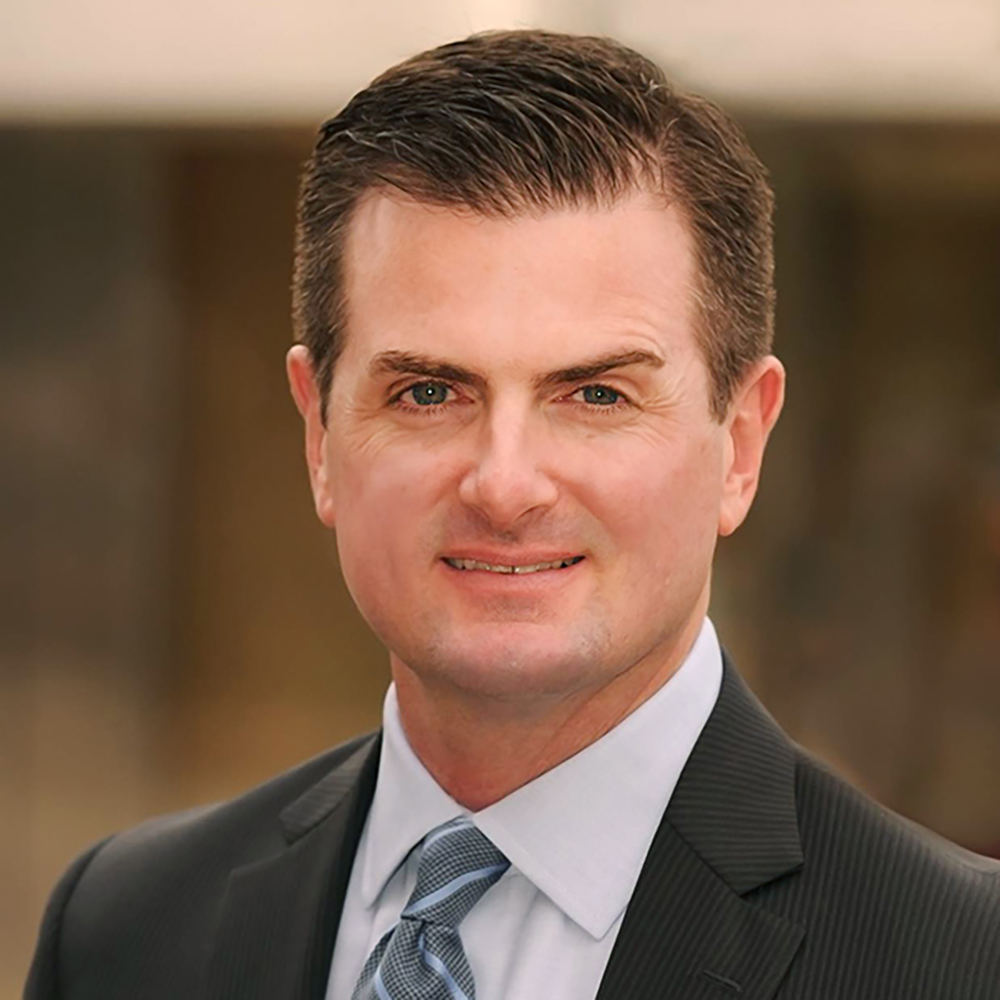It’s still a bad bill, just not maximally bad.
Republicans’ legislative efforts to ban cities from mandating benefits for employers’ workers took another twist late Wednesday night after a Texas House committee added protections for LGBTQ workers that the state Senate had removed from previous legislation.
Senate Bill 2486, which the House State Affairs Committee advanced Wednesday in a 10-2 vote, is part of a larger package of legislation state Sen. Brandon Creighton filed to limit the ability of cities to regulate private companies’ employment policies.
After hearing roughly eight hours of testimony Wednesday, state Rep. Dade Phelan, R-Beaumont, advanced a reworked version of the bill — adding the language explicitly protecting local nondiscrimination ordinances to the measure, which would bar cities from enacting rules on how businesses schedule their employees’ shifts.
The move comes after several legal experts and LGBTQ advocates raised alarm bells that without the language in place, the potential new state law could undermine the enforceability of local anti-discrimination ordinances. They fear it would allow businesses to selectively pick and choose which of its employees are eligible to receive benefits that go beyond monetary compensation.
Phelan later told The Texas Tribune he chose to reintroduce the nondiscrimination protection language into the bill to help ensure local ordinances — already in place in six major Texas cities — aren’t gutted should the measure become law. And he told Tribune CEO Evan Smith in a podcast interview that he’s “done talking about bashing on the gay community” and didn’t want to push legislation that could be used as a vehicle for discrimination.
“It’s completely unacceptable… This is 2019,” he said.
Many business groups told lawmakers they support the nondiscrimination language being added, when asked pointedly throughout the night by state Rep. Richard Peña Raymond, D-Laredo.
A spokeswoman for Creighton, a Conroe Republican, said early Thursday the senator was not immediately available for comment on the House’s change to his bill, which came shortly before midnight. But the senator has previously maintained that none of the bills would threaten non-discrimination provisions. Other legal opinions, including one from Texas Attorney General’s Office, have backed up Creighton’s claim.
Aside from SB 2486, the remaining three bills in Creighton’s splintered package of legislation would prevent local governments from mandating paid sick leave, regulate certain benefits practices and preempt local rules that disallow employers from asking about an applicant’s criminal history.
The House committee did not act on Creighton’s other three measures Wednesday evening. Phelan told the Tribune the panel would need more time to deliberate over the three bills, and some legal experts say the lower chamber will still need to add the nondiscrimination language to two of the senators’ remaining bills in order to ease advocacy groups’ concerns.
“The best thing they could do at this point is add the language back to all of those bills and make sure the language is the same,” said Anthony Kreis, a visiting assistant professor at Chicago-Kent College of Law.
See here, here, and here for some background. Putting the NDO protection back into this bill, and presumably the others, is better, in the way that a blunt stick in the eye is better than a sharp stick in the eye. Of course, the Senate can reject the House’s change, which would send the bills to a conference committee where anything can happen. All this in service of bills that will make the state worse for workers, for no real gain. Oh, and there are still other bills out there that can serve as vehicles to attack non-discrimination ordinances. You can never rest till sine die. The Observer has more.


It’s always convenient to be for local control. Until you aren’t.